If March 8th serves as a pretext for many brands to push consumption, it can also be an opportunity to get informed to better organize and rebel. As Virginie Despentes says very well King King Theoryfeminism is a “ revolution, not a reorganization of marketing instructions. »
So here are ten revolutionary tools for healing (yourself), borrowed from a friend or the library, ranging from Virginia Woolf to Lexie aka @aggressively_trans.
1.Virginia Woolf, A room of one’s own
Bestselling British author The intersection of appearances (1915), Mrs. Dalloway (1925), or even Orlando (1928), Virginia Woolf (1882-1941) however fears not being taken seriously A room of one’s own (1929). However, this short essay, full of humor, is now among the pioneering texts of Western feminism, because it summarizes the essential principles:
“A woman must have money and a room of her own if she wants to write fiction. »
Financial autonomy and space to work: this may seem trivial today, but it is nevertheless still an important issue for many women since the first wave of feminism of which this text is remarkably part.
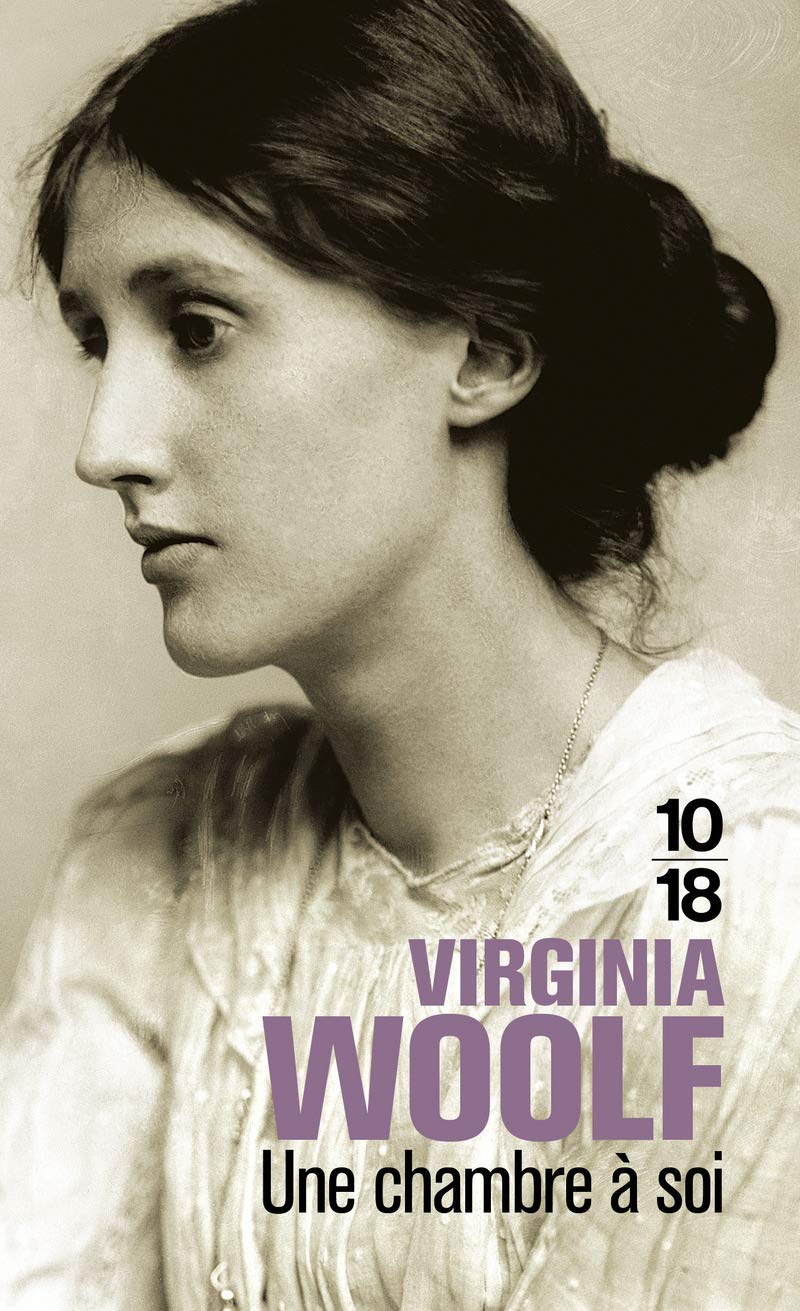
2. Simone de Beauvoir, The second sex
Among his novels The guest (1943), The blood of others (1945) and the Goncourt Prize The Mandarins (1954), Simone de Beauvoir (1908-1986) established herself as a leading feminist author with her essay The second sex (1949). Written as an encyclopedic summary (difficult to read, let’s be honest), the existentialist intellectual questions the inferiority of women, not as a natural fact, but rather as an alienating social construction (of what we don’t yet call gender): “ We are not born a woman, we become one. »
The notable author of the second wave of feminism also questions the passive participation of women in their own subjugation:
«This world is still a world that belongs to men: they do not doubt it, they hardly doubt it. »
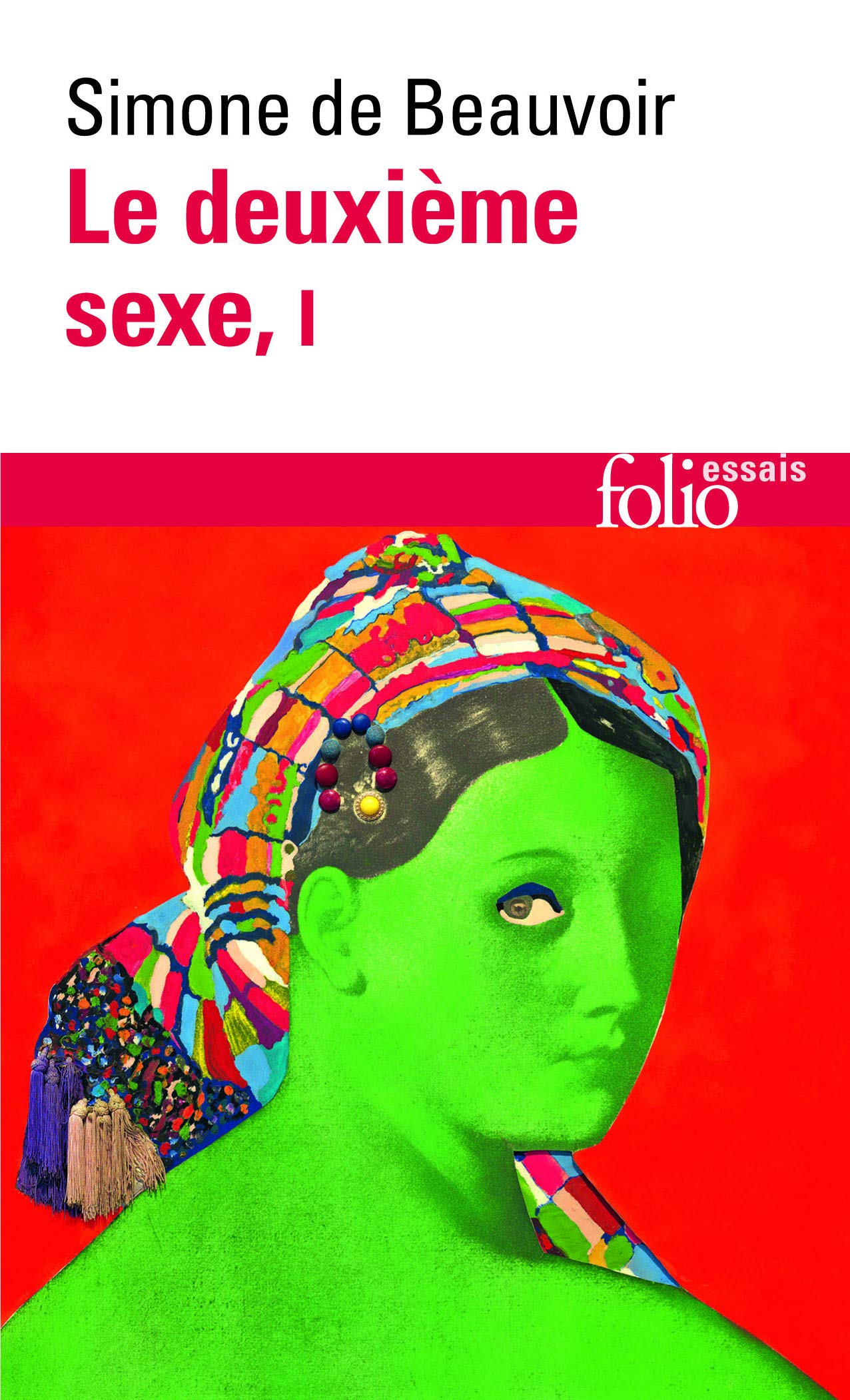
3. Virginie Despentes, The King Kong theory
A few years and a few books after his highly acclaimed first novel Fuck me (1994), Virginie Despentes (born 1969) publishes the short, impactful essay, King Kong theory, in 2006 which aims to “ all those excluded from the great market of good girls “.
It makes immediate rape the starting point for a broader reflection on sexual violence as ” direct and crude representation of the exercise of power », the prostitution she practiced for a certain period, pornography and patriarchy. In this text, often considered the unofficial manifesto of the third wave of feminism, the intellectual sums it up brilliantly:
“Traditional manhood is just as mutilating an undertaking as assignment to womanhood. »
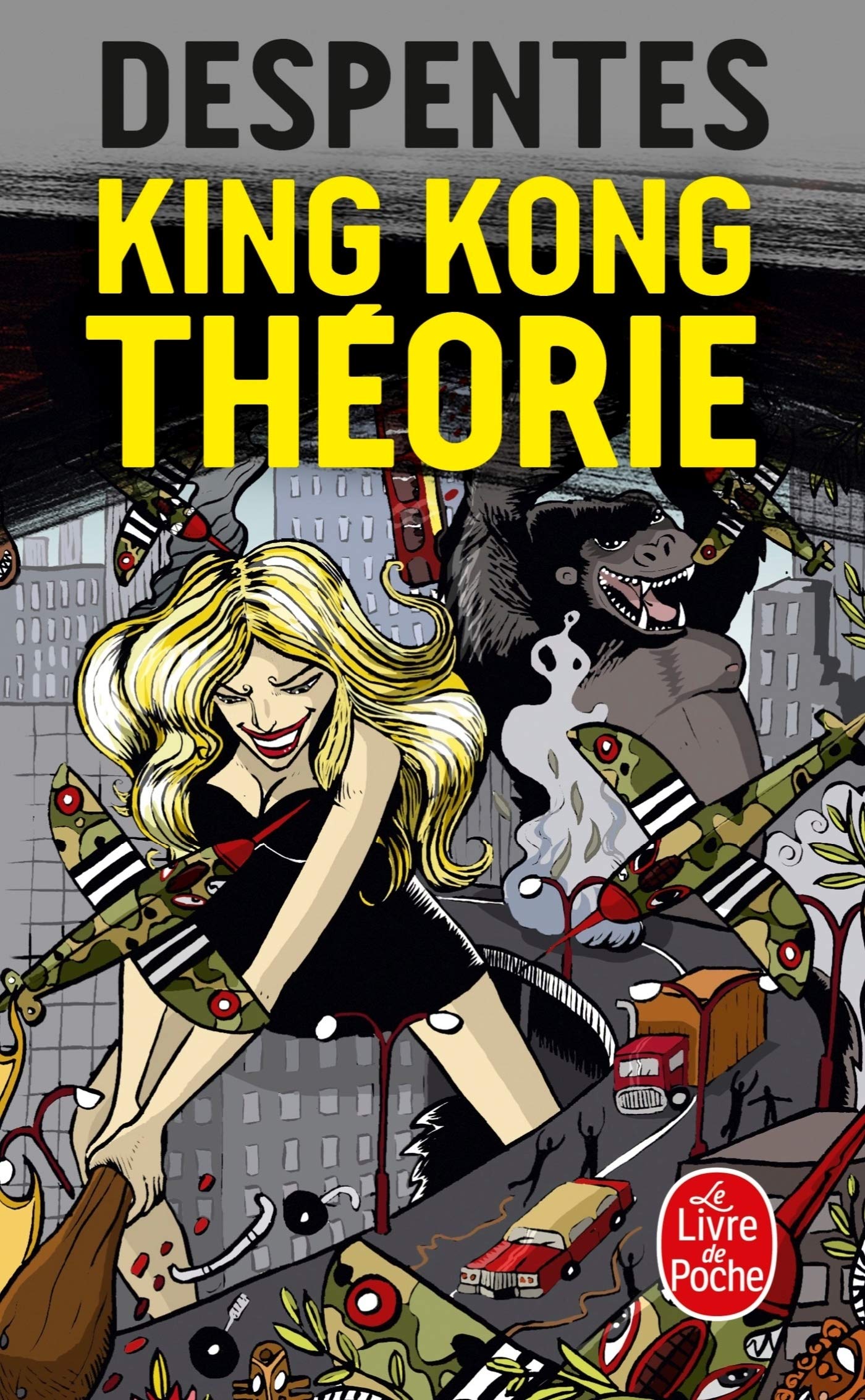
4. Monica Wittig, Direct thinking
After being marginalized by the Women’s Liberation Movement, Monique Wittig (1935-2003) made her ideas flourish in the United States, from where she wrote Direct thinking (1992). More than an orientation, heterosexuality as a political regime serves as the foundation of patriarchy and its binary, it develops:
“Woman has meaning only in heterosexual thought systems and economic systems. […] Lesbians are not women. »
In other words, lesbians can escape the category “woman” created by and for men. And this is what we call political lesbianism: a key to break out and abolish these totalitarian norms.
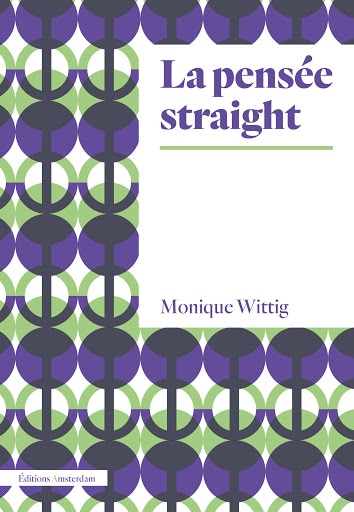
5. Audra Lorde, Sister Outsider
Describing herself as a woman black, lesbian, mother and warrior, professor and cancer survivor », Audre Lorde (1934-1992) is one of the most important figures of Afrofeminism. Published in 1984, this collection is filled with essays, poems, and speeches. The intellectual addresses issues of racism, sexism, LGBTphobia and even classism in different forms:
“Black and Third World people are expected to educate white people about our humanity. Women are expected to educate men. Lesbians and gays are expected to educate the straight world. Oppressors maintain their position and escape responsibility for their actions. This constant drain of energy could be better used to redefine ourselves and design realistic scenarios to alter the present and build the future. »
From its margins, at the intersection of several forms of oppression at the same time, Audre Lorde tells the world best with her powerful and lyrical pen.
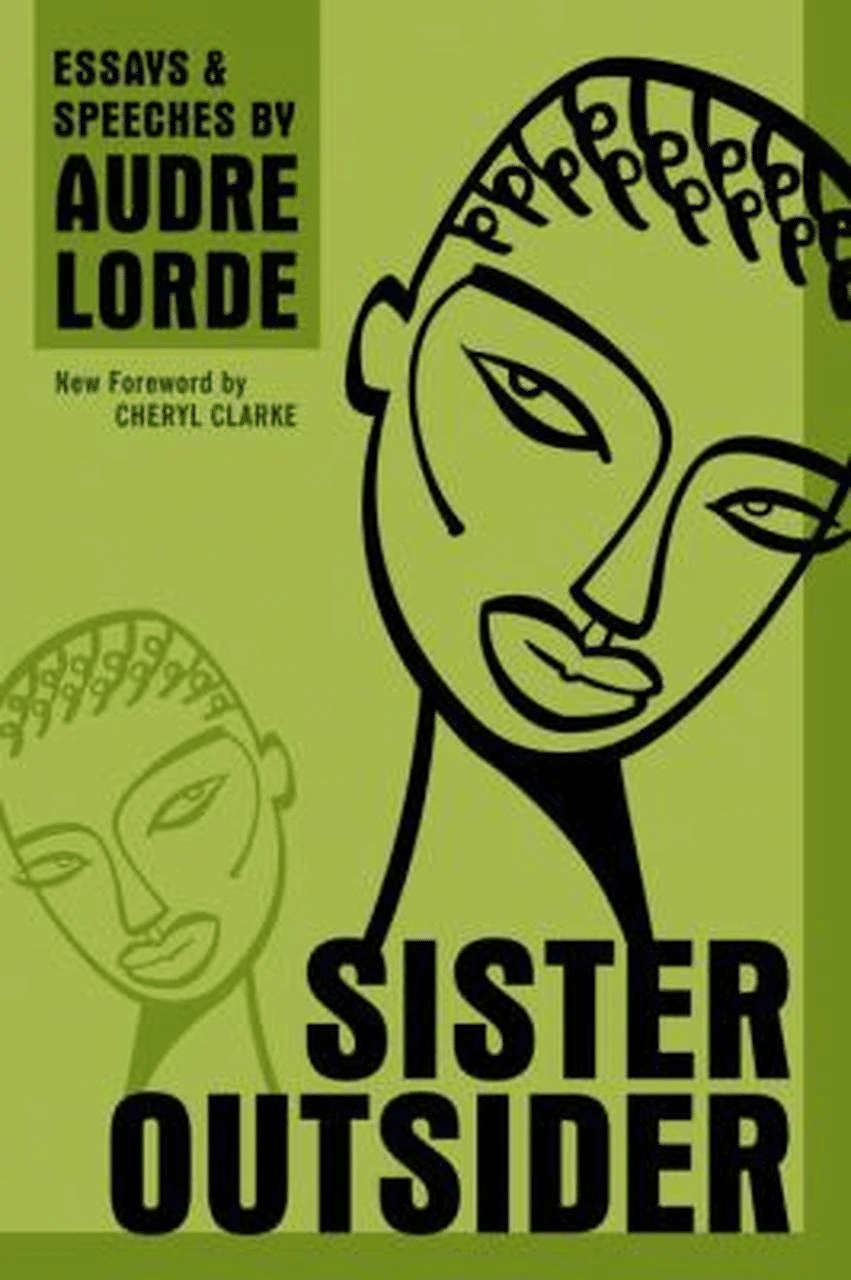
6. Françoise Vergès, A decolonial feminism
Raised on the island of Réunion, in Algeria, then in the United States, Françoise Vergès (born 1952) adopts the point of view of racialized women to develop her reflection on decolonial feminism. Starting from ” those who clean the world “, returns to slavery to better denounce a global system of racial and patriarchal capitalism. A decolonial feminism (2019) also questions modes of solidarity with white women and racialized men.
Radical, the intellectual thus illuminates the numerous blind spots of what she calls the “ civilizational feminism », the fruit of French universalism which in particular made it possible to justify colonization.
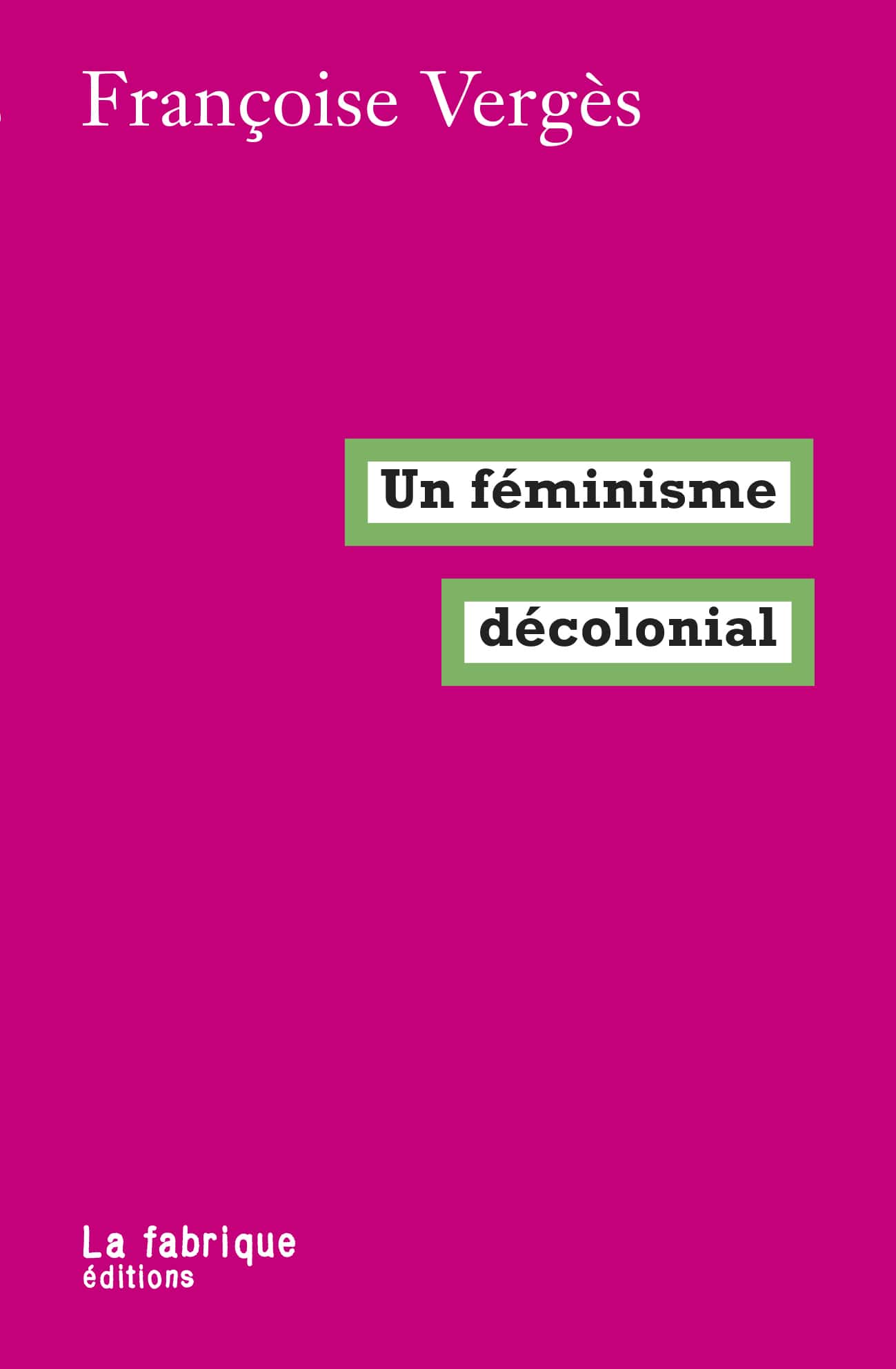
7. Vandana Shiva and Maria Mies, Ecofeminism
In this essay published in 1998, Indian physicist Vandana Shiva (b. 1952) and German sociology professor Maria Mies (b. 1931) reflect on the creation of a new internationalism based on ecology and feminism.
Based on the historical continuity between the exploitation of the earth and that of women, ecofeminism also aims, according to them, to reclaim our relationship with nature, emancipated from “ patriarchal capitalist perspective [qui] it interprets difference as hierarchical and uniformity as a prerequisite for equality »:
“ Ecofeminist spirituality as we understand it should not be confused with a sort of “otherworldly” spirituality that simply wants “food without sweat,” without worrying about where or who the sweat comes from.»
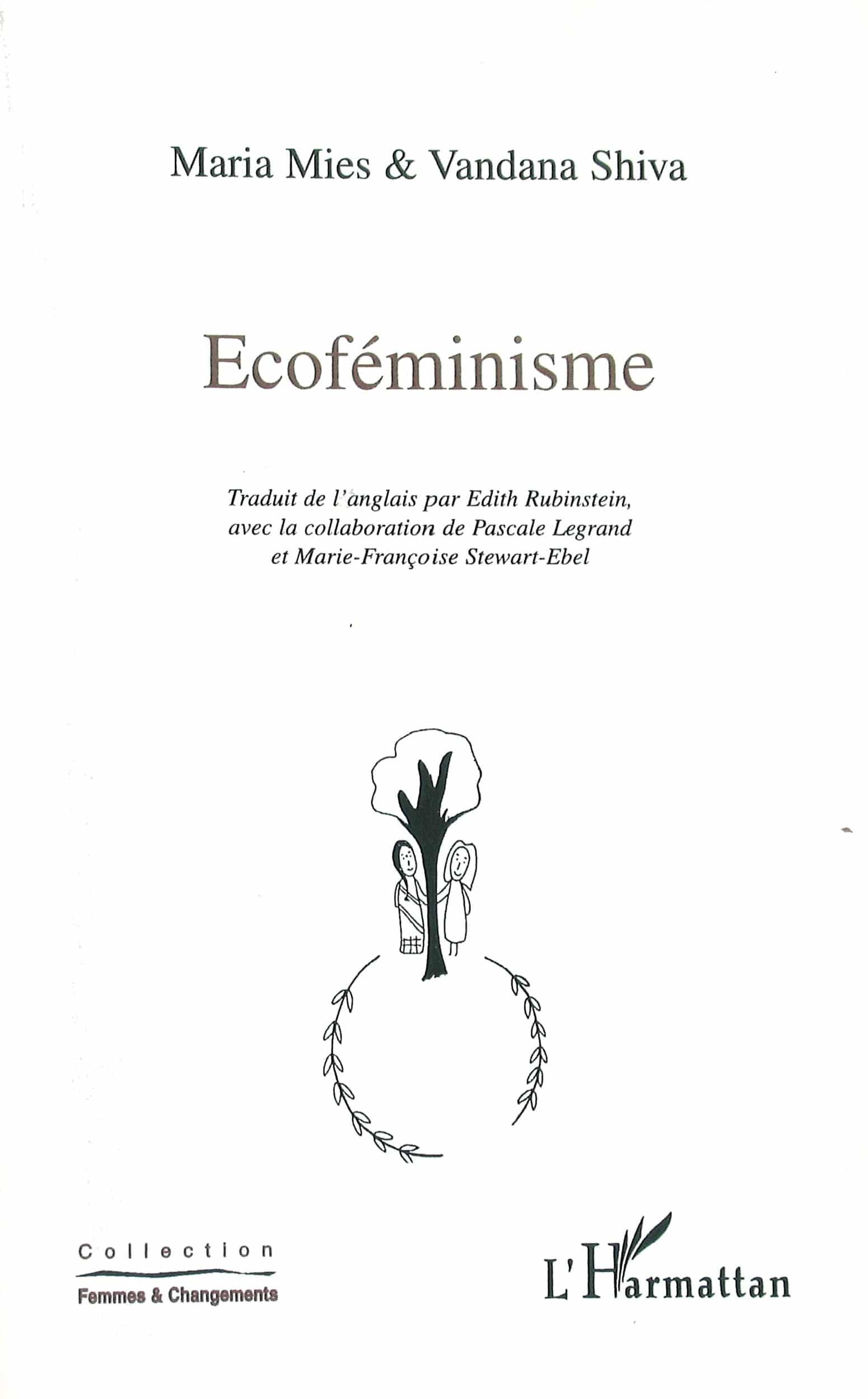
8. Asma Lamrabet, Islam and women, the questions of anger
Asma Lamrabet (born 1961), Moroccan medical biologist and former director of the Center for Women’s Studies in Islam, draws in this essay an inventory of discrimination against women in the name of Islam. And you demonstrate point by point how these are very often dated and biased interpretations of the Koran, very far from the much more egalitarian original text.
Published in 2017, this book dispels many sexist prejudices transmitted by some Muslims, but also by Islamophobes who want to pass off Islam as a fundamentally macho and retrograde religion.
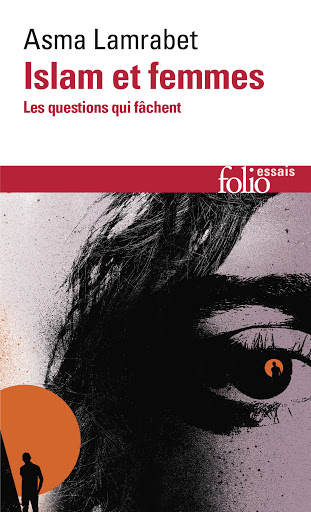
9. Gail Pheterson, The prism of prostitution
American researcher in social psychology, Gail Pheterson has extensively studied the impact of power relations and social stigmas on the psyche. In this essay published in 1996 you question prostitution, understood as regulated or repressed sexual work. But also as a place of reproduction of gender social relations and an instrument of social control between” virtuous women ” AND ” whore »:
“ The threat of the stigma of the prostitute acts like a whip that keeps female humanity in a state of pure subservience. As long as the fire of this whip lasts, women’s liberation will be a failure. »
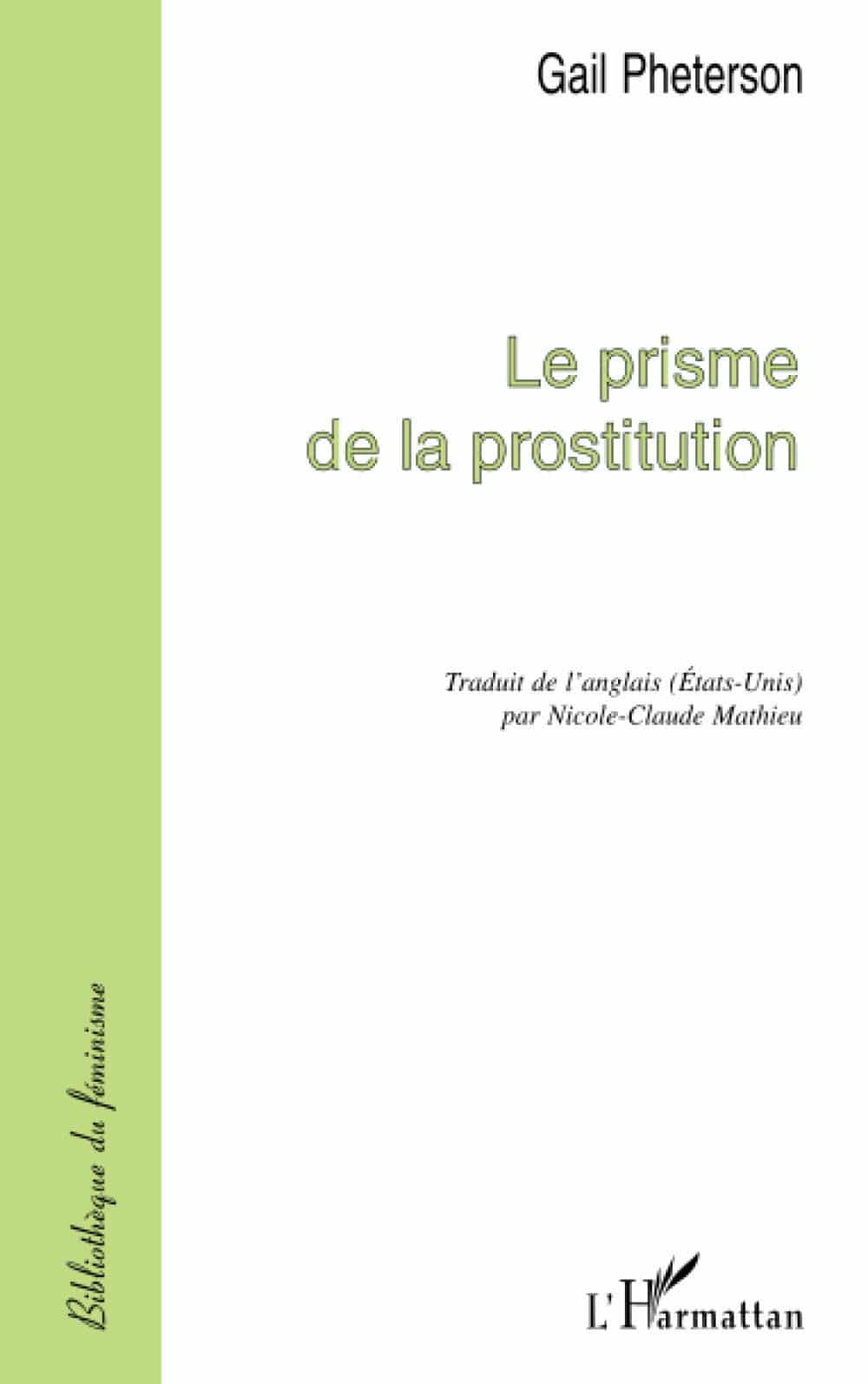
10.Lexie, A history of gender, a guide to understanding and defending trans identities
Initially theorized by Sandy Stone, an intellectual considered the founder of transidentity studies, and Sylvia Rivera, a rebel of the Stonewall riots at the origin of the contemporary movement to fight for the rights of LGBTI+ people, transfeminism is a movement made by and for women trans for the liberation of all women.
First from her Instagram account @aggressively_trans, Lexie has popularized many ideas on the topic and transience in general. Which she compiles today in this accessible and empowering guide published in February 2021 to better understand these issues that also affect cisgender and dyadic (non-intersex) people.
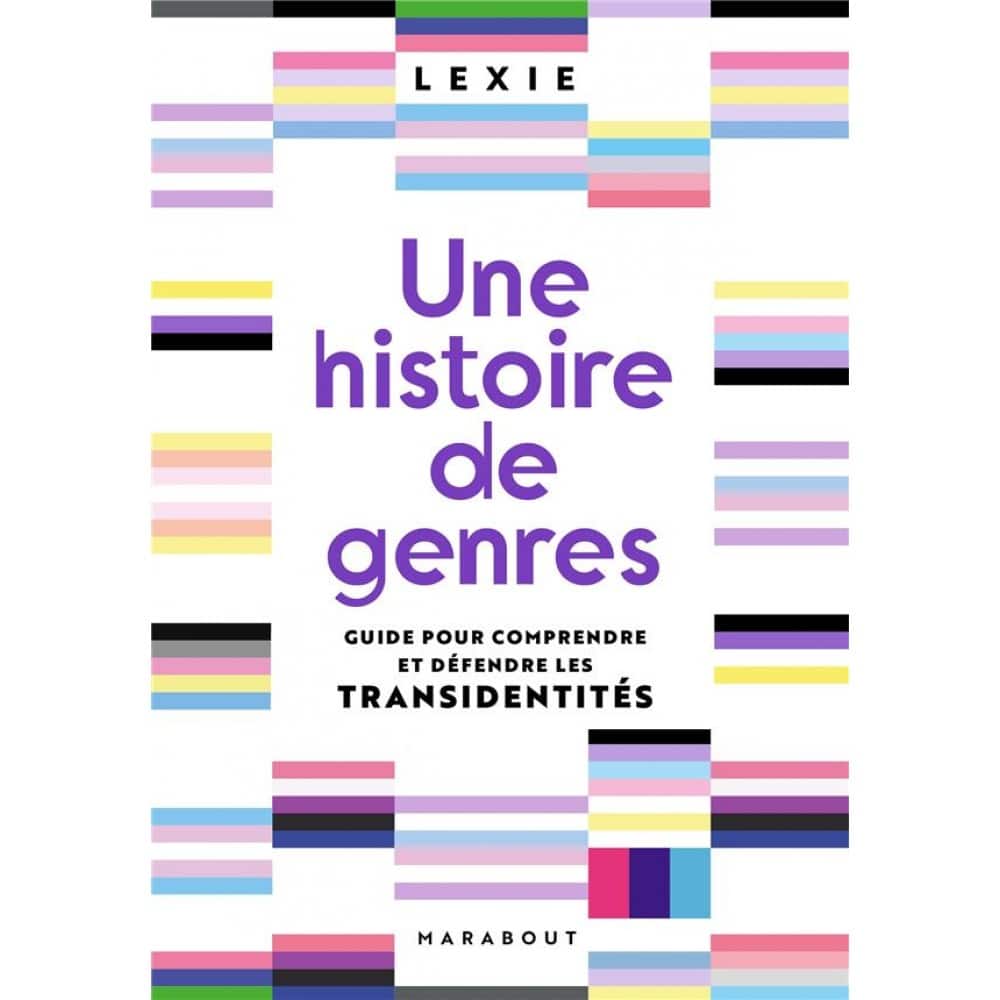
Listen to Laisse-moi kiffer, Madmoizelle’s cultural advice podcast.
Source: Madmoizelle
Mary Crossley is an author at “The Fashion Vibes”. She is a seasoned journalist who is dedicated to delivering the latest news to her readers. With a keen sense of what’s important, Mary covers a wide range of topics, from politics to lifestyle and everything in between.




.jpg)
.png)